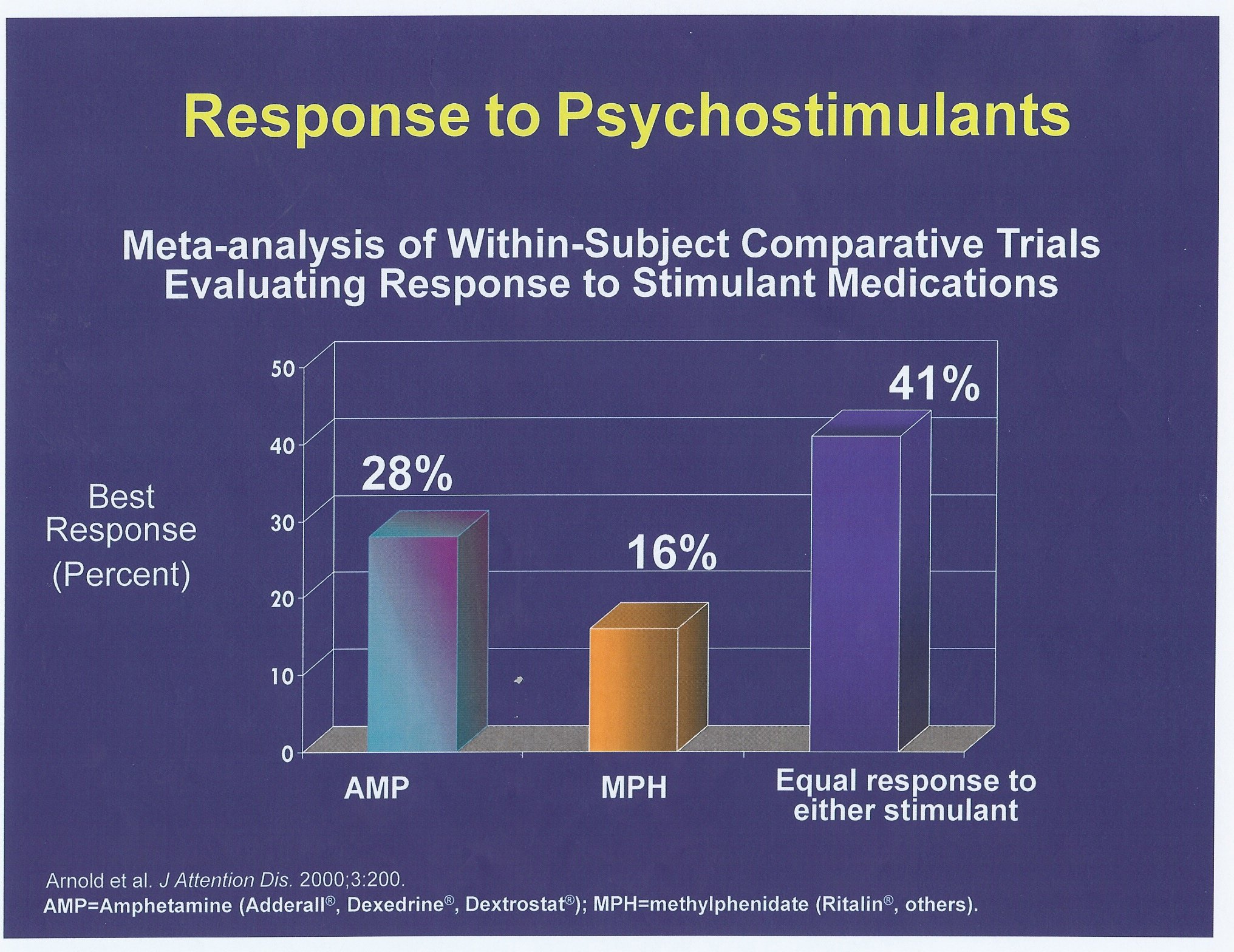Question: I have mitral valve prolapse syndrome(dysautonomia) and very infrequently get panic attacks from a food, smell, etc. For a one shot attack which is better at stopping it quicker, Xanax, Niravam or Klonopin?
— R.F.
Answer: When you say “mitral valve prolapse syndrome (dysautonomia),” I assume you are referring to the functional mitral valve prolapse associated with excessive adrenaline/noradrenaline that is assocaiated with panic attacks and anxiety caused by panic attacks. This type of M.V.P. usually goes away when panic attacks are adequately treated.
Your report of panic attacks brought on by a food smell is unusual. Through classical (pavlovian) conditioning, any stimulus, external or internal, can induce a physiological response (e.g. panic attack). Klonopin wafers dissolved sublingually (under the tongue) and Niravam, which is dissolved immediately on the tongue, are both reported to work faster. This is also true for Xanax (brand is better) but it’s very bitter and brand Ativan.
Some people do better with one, some do better with another. Because we have samples/coupons for Niravam and Klonopin wafers, those are the ones I now give patients to compare. Most people do well with at least one of these. Some do well with either. I don’t think there’s any way to predict which will be better for any individual. I usually start with Klonopin if there are also racing thoughts or obsessing. I start with Niravam if there are problems with depression.
Niravam (or Xanax) is out of the system much quicker (mostly by 6-8 hrs.), whereas Klonopin takes much longer to clear (up to 24 hours or more). Some people prefer the shorter duration, others like the longer duration. Of course, nothing is simple – there are people who prefer one under certain conditions and the other one under different conditions.
Finally, you have to take “enough, not too much” (i.e., the right dose).
Good luck!
Dr. Jones

